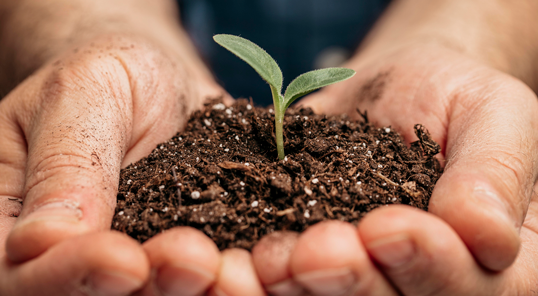
Image: Pixabay
“For years, in a project with researchers from the University of São Paulo, in Brazil, and Newcastle, England, we have been working to 'make the most' of a very powerful tool, which is the ecological networks approach. In general terms, what this approach allows is to understand the complexity of natural systems, considering them as a large 'network of networks' in which, like the Internet, there are many interconnected elements and processes that occur simultaneously” said Mariano Devoto , professor at the Department of General Botany at the Faculty of Agronomy at the University of Buenos Aires (FAUBA).
{module Form RD}
These systems are made up of multiple parts – animal and plant species – interconnected in various ways, such as when a bee pollinates a flower, or when an herbivore eats a plant, or when an insect parasitizes and kills another animal species. By recording the complexity of agroecosystems and relating it to the ecosystem services they provide, sustainable agricultural management can be generated that enhances biodiversity and food production at the same time.
“This study was carried out on a typical farm in the southeast of England and kind of 'broke' the discipline because it was the first of its kind, with enormous financial and human effort. It was based on an impressive dataset built over the years by Dr. Jane Memmott's group at the University of Bristol in England. In all the environments on that farm, many people sampled the fauna and flora of the shores week after week. They also recorded all possible interactions in the networks, such as pollination, seed dispersal and predation or herbivore control, among others,” explained Devoto.
By: Leonardo Gottems | agrolink










